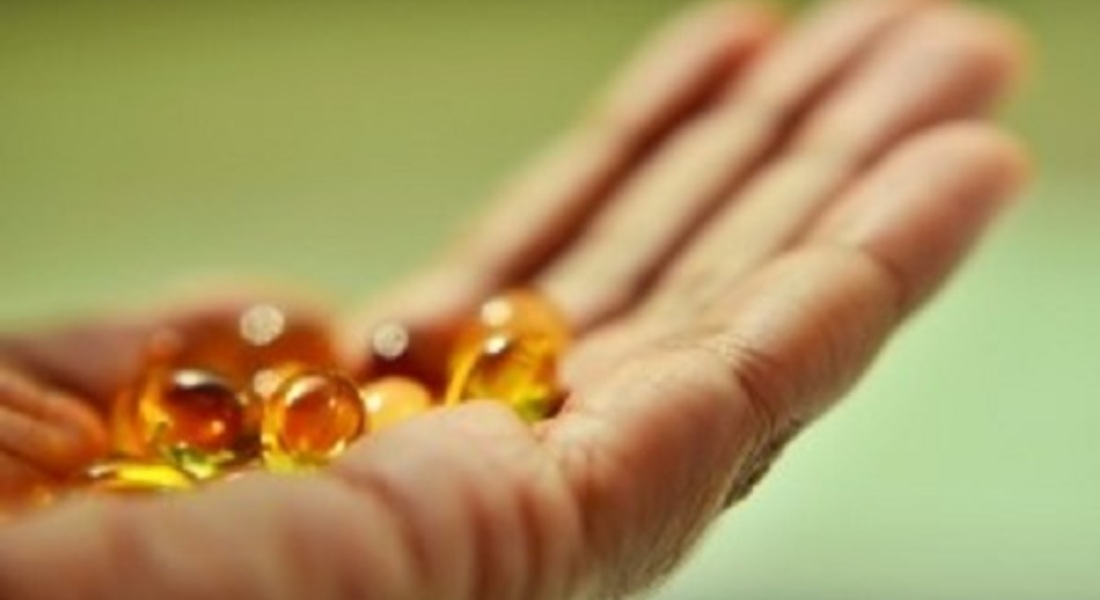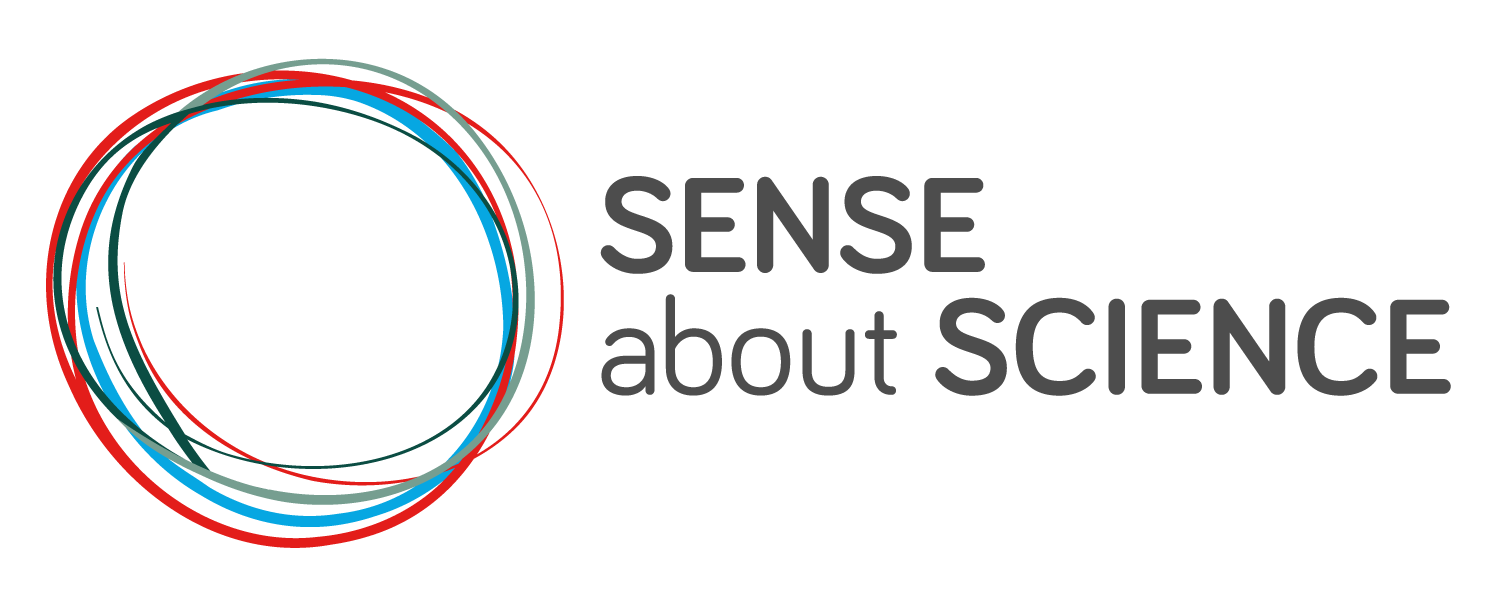We use cookies to help provide you with the best experience using our website.
If you're happy to accept cookies, continue to browse our site or click 'x' and we'll close this message.
Learn more
Ask for Evidence on miracle cancer cures
Tabitha from Sense About Science wrote an article on the Which? Conversation blog about why you might want to think again if you're tempted by untested claims and miracle cures. You can read the full article here.
Lots of people and organisations have been asking for the evidence behind claims for cancer curing diets, claims in health magazines and claims by clinics selling unproven treatments for thousands of dollars. We gathered these stories together to help others ask for evidence behind these and other treatment claims. Get involved and tell us your experiences of asking for evidence, or get help to understand evidence.
- Blogger Josephine Jones explains the Cancer Act and what people can do when they see claims of cancer cures.
- David Colquhoun, Professor of Pharmacology at UCL, reminds us that 'There's no such thing as a miracle cure'.
- Caroline Finucane, Health Editor at NHS Choices urges people to "Challenge the scammers who claim to cure".
- VoYS member Dr Indrayani Ghangrekar asked for evidence on cancer fighting foods after reading a newspaper article.
- Read Dr Matthew Lam asking for evidence on claims about breast cancer risk.
- The Daily Express refused to edit its dangerous cancer advice, so we did it for them.
- Josephine Jones asked for evidence behind the God Particle energy pendant.
- Blogger Noodlemaz writes about the Burzynski clinic and the “Miracle/Master Mineral Solution”
- Read Dr Kat Arney from Cancer Research UK telling us the kinds of claims she sees every day, and the evidence you should look for.
- I’ve Got Nothing To Lose By Trying It - our guide to help people weigh up claims about ‘miracle cures’ on the web and in advertising.
Diabetes UK
“Diabetes UK fully endorses Sense about Science’s campaign. We seem to see another miracle treatment or cure for diabetes discussed in the national press every week and often hear from people who are confused or misled by sensationalist claims. It is important to remember that while news stories and adverts may be based on good science, they often leap to misleading or flawed conclusions. We would always encourage people with diabetes to ask for evidence about health products and services that seem too good to be true.”
Margaret McCartney, GP
"Not using evidence kills people and wastes time and energy. We need evidence – it’s the only thing separating me from blood-letters, frontal lobotomists, and reiki master practioners. If I didn’t use evidence to help my patients make decisions I’d be guilty of quackery. Evidence isn’t usually perfect, which is why patients, doctors and researchers need to work together to make our evidence better."
National Rheumatoid Arthritis Society (NRAS)
"NRAS is often made aware of misguided and confusing information regarding rheumatoid arthritis that is promoted via various sources e.g. the internet, health food stores, newspaper articles, alternative & complementary practitioners. We encourage people to thoroughly research any information on treatments and therapies before embarking on any deviation from their current treatment and therapy regime. People with long term conditions like rheumatoid arthritis can often be desperate for some immediate relief from their painful symptoms, which makes them vulnerable to believing claims of “miracle” cures and “drug-free” solutions."
The Migraine Trust
"Considering how many people (1 in 7) are affected by migraine, there is a real lack of understanding and so many myths about the condition. The World Health Organisation recognises migraine as being among the most disabling lifetime conditions, so it's vital that information about migraine is based on the best available evidence to help people manage their condition and improve their quality of life."



